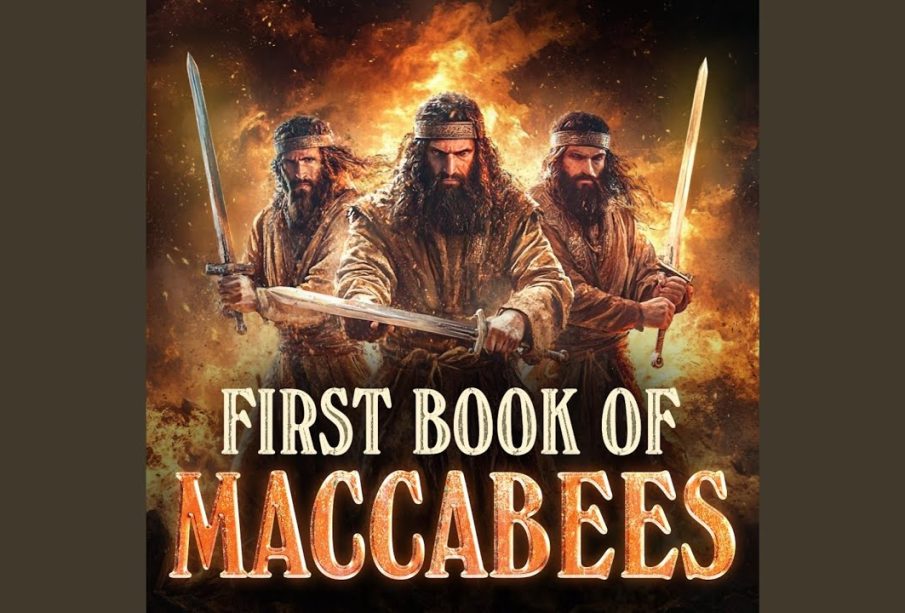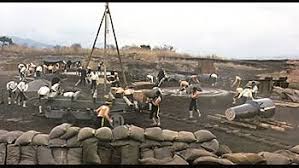The Maccabees: Struggle for Freedom and Legacy

Introduction
The Maccabees, a Jewish rebel group, played a pivotal role in the fight for Jewish independence in the second century BCE. Their story is not only significant in Jewish history but also reflects broader themes of resistance against oppression, cultural identity, and religious freedom. The celebration of Hanukkah, commemorating the Maccabean victory over the Seleucid Empire, remains a vital cultural and religious observance for Jewish communities worldwide. Understanding the legacy of the Maccabees is essential in appreciating their impact on both historical and contemporary discussions surrounding faith and identity.
Historical Context
The Maccabees emerged during a period of heightened tension between the Jewish population in Judea and the ruling Seleucid Empire. King Antiochus IV Epiphanes imposed severe restrictions on Jewish practices, promoting Hellenism and outlawing traditional rites. In 167 BCE, Mattathias Maccabee sparked a rebellion against the Seleucid authorities that would be carried on by his sons, notable leaders including Judah Maccabee. The Maccabean Revolt, fought between 167 and 160 BCE, culminated in the rededication of the Second Temple in Jerusalem in 164 BCE, marking a significant victory for Jewish autonomy.
The Legacy of the Maccabees
The legacy of the Maccabees extends beyond their military accomplishments. They established the Hasmonean dynasty, which ruled Judea for nearly a century and significantly shaped Jewish governance, culture, and religious practices. Their struggle embodies the enduring human quest for freedom, particularly in contexts of religious persecution. The narrative of the Maccabees has been central in Jewish education and cultural expression, reinforcing themes of resilience and faith.
Modern Relevance
In contemporary discussions, the Maccabees symbolize the fight against oppression and the importance of cultural preservation. Their story resonates in various movements that advocate for religious freedoms and minority rights globally. The annual celebration of Hanukkah serves as a reminder of this struggle, as communities gather to honour their heritage and the values exemplified by the Maccabees.
Conclusion
The Maccabees represent a critical chapter in Jewish history, illustrating the power of resistance against dominance. Their legacy continues to inspire generations, emphasizing the importance of faith, identity, and the continuous pursuit of freedom. Understanding their story is vital in both academic and communal contexts, as it provides insight into ongoing challenges faced by communities striving to uphold their beliefs in the face of adversity.








